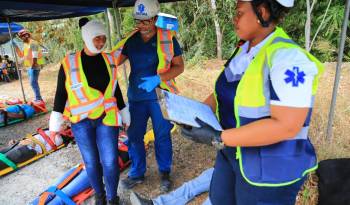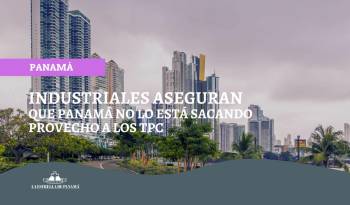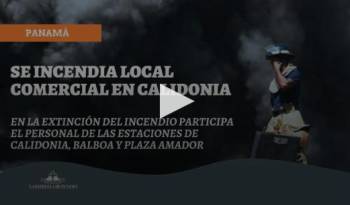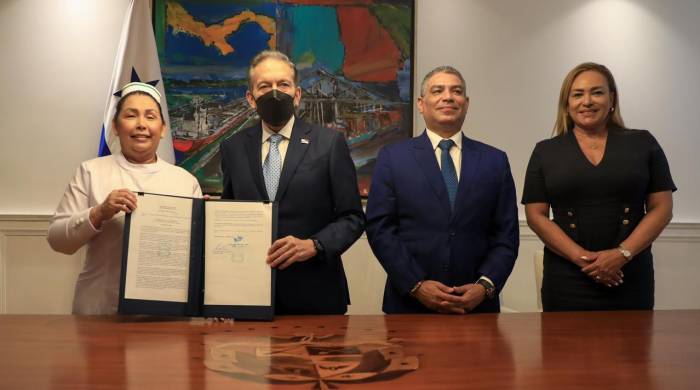Concesionaria Madden Colón llevó a cabo un simulacro de accidente sobre la autopista como fase final del Curso de Formación de Brigadas de Emergencias,...
- 13/05/2009 02:00
- 13/05/2009 02:00
There is a shortage of creativity in Panama's political class and the Martin Torrijos administration has been particularly dull in this regard. It's not that its corny tricks never worked, but tactics like passing out envelopes full of money or land titles and using the occasion to make vitriolic speeches against opponents were old in Roman bread and circus days.
Torrijos was backed by an advertising cartel whose top people got their jobs because of their family ties rather than their talent, so their ads were only effective when, as in the canal referendum campaign, they went more or less unopposed.
His "law and order" stuff was essentially cribbed out of late 20th century US Republican platforms.
As it turned out, the outgoing PRD administration's anti-crime measures didn't work well. Militarizing the police, toughening penalties for crimes, rounding up gang members, assassinating labor activists, buying an armored car with a water cannon --- none of these things suppressed the predation of garden variety criminals. Nor did the placement of hundreds of video cameras all around the city.
One such camera is pointed at the front door of the building that houses The Panama News office, and I have mixed feelings about it.
President elect Martinelli expressed similar misgivings when a camera was placed in a position to see who comes and goes at his house.
So was Torrijos giving us high tech protection, or just making a big brotherly gesture? I don't know, and you probably don't either. We do know that these cameras, although they helped to identify the perpetrators of some high-profile crimes, did not keep crime from growing.
Maybe the worst thing that we do know about what we don't know is about the privatization of espionage. The job of installing and monitoring the cameras was contracted out to Cable & Wireless, that rapacious corporate relic of the British Empire whose Panamanian subsidiary is 49 percent state-owned but nevertheless "private" enough to get around the nation's transparency laws.
Were the cameras used to spy on opposition politicians, labor militants or reporters? We don't know that. The facts are shrouded in corporate secrecy.
(How creative is that? Really, it's just a variation on George W. Bush's use of mercenaries in Iraq and for Plan Colombia.)
Panama's National Assembly has the power to investigate things but never uses it. The deputies rarely even read the laws that they vote to pass.
"Non-aggression pacts" between incoming and outgoing administrations aggravate the atrophy of governmental investigation powers. The lack of proper libraries and widespread academic corruption conspire to retard the investigative skills of the general public. The effect of all of this is that decisions get made without the information to decide wisely.
So are all the surveillance cameras a good thing or a bad thing? Have they been abused? Have they been well used? Are they worth the expense?
We ought to have a full accounting of the video camera program, without any invocations of corporate privacy, without any political cover-ups, without any spin control by the police. Just give us the facts, so that we can have informed opinions


















